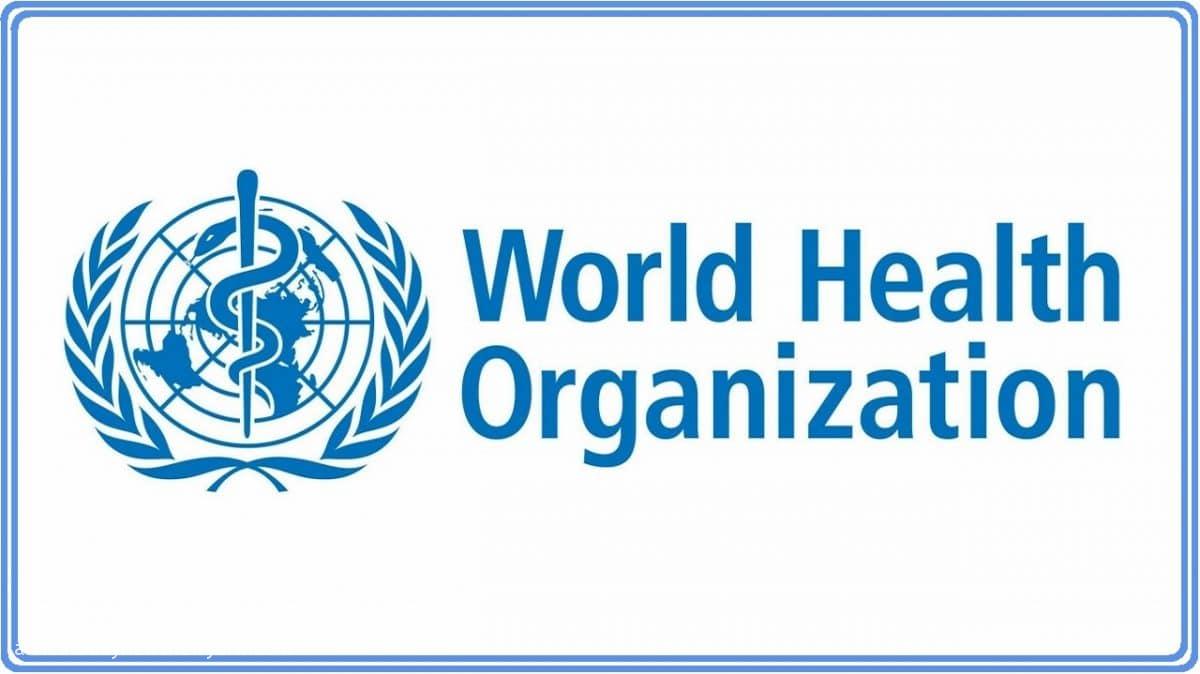According to the World Health Organisation (WHO), no fewer than 35,000 cases of monkey pox in about 92 countries and territories have been confirmed, with a total of twelve fatalities.
Speaking yesterday, Dr. Adhanom Ghebreyesus who is the director general of the WHO, made this know to the populace while addressing the media from the organization’s headquarters in Geneva.
‘Almost 7,500 cases were reported last week, a 20 percent increase over the previous week, which was also 20 percent more than the week before,’ he said.
He asserts that men who have intercourse with other men are primarily responsible for a great deal of recorded instances, which are coming from Europe and the Americas.
According to Ghebreyesus, the key objectives for all nations should be to ensure that they are well prepared for monkeypox and to hamper its transmission which is very rapid and dangerous.
Using efficient public healthcare techniques, such as improved disease monitoring, meticulous contact tracing, personalized risk communication and community participation, and risk reduction strategies, he suggested that nations should concentrate on curbing the spread of monkeypox.
Monkeypox vaccinations are presently in short supply worldwide, just as data regarding their efficacy, while WHO is in discussion with producers as well as nations and organizations eager to exchange vaccine doses.
‘We remain concerned that the inequitable access to vaccines we saw during the COVID-19 pandemic will be repeated, and that the poorest will continue to be left behind,’ he stated.
It is wholly unacceptable that there are 15,000 fatalities every week considering that there are measures to limit the effect and spread of the diseases and protect lives.
‘Although everyone might be tired of COVID-19 but virus is not tired of us,’ he noted.
With the BA.5 sub-variant contributing to more than 90% of the genetic data held in common in the previous month, Omicron continues to be the dominating variant. According to Ghebreyesus, it is getting more difficult to predict how the virus might change.
Since the start of the year, both the number of nations exchanging genomes and the number of genomes shared every week has decreased by 90% and 75%, respectively.
The likelihood of more extreme infections will certainly rise, he cautioned, as winter weather moves into the northern hemisphere and individuals spend more time indoors.
‘But none of us is helpless – please get vaccinated if you are not, and if you need a booster, get one,’ he cautioned.
Additionally, he noted that safety precautions including the wearing of face mask and avoiding large gatherings particularly, while indoors should be wholly adopted.
‘There is a lot of talk about learning to live with this virus. But we cannot live with 15,000 deaths a week’.
The head of WHO also called attention to the present catastrophe in the Horn of Africa, where millions of people are at risk of malnutrition and disease as a result of conflict, famine, increasing food, fuel, and fertilizer costs, as well as climate change.
WHO has provided more than $16 million from an emergency fund to meet the needs, but more support is required.
The organization is requesting $123.7 million, which will be employed to treat malnutrition, prevent and manage pandemics, and deliver crucial healthcare care and medications.
Ghebreyesus said the drought was compounding the ‘man-made catastrophe’ in the Tigray region of northern Ethiopia, where war has raged for nearly two years.
Ghebreyesus expressed that the “man-made catastrophe” in the Tigray region of northern Ethiopia, which has been war-ridden for two years, was being aggravated by the shortage of food.
According to him, Ethiopian and Eritrean military are surrounding over six million people, ‘sealed off from the outside world, with no telecommunications, no banking services and very limited electricity and fuel.’
He stressed that as a result, they are currently dealing with numerous cases of malaria, anthrax, cholera, diarrhea, and other diseases.
‘This unimaginable cruelty must end. The only solution is peace.’
He nonetheless urged more people to pay attention to the circumstances in Tigray.
‘I can tell you that the humanitarian crisis in Tigray is more than in Ukraine, without any exaggeration. And I said it many months ago, maybe the reason is the colour of the skin of the people in Tigray’.
Africa Today News, New York reports that Africa has been faced with a lot of numbers of disease outbreaks which has exposed the life of the dwellers to death. Food shortage has contributed negatively to the healthy living of society. The World Health Organization has executed commendable jobs for not abandoning people to their death.

